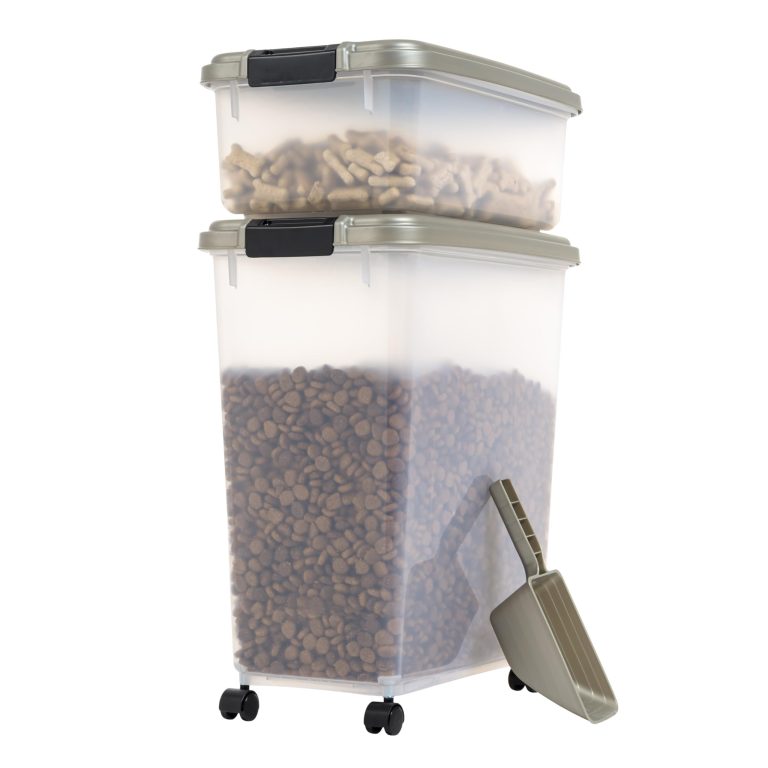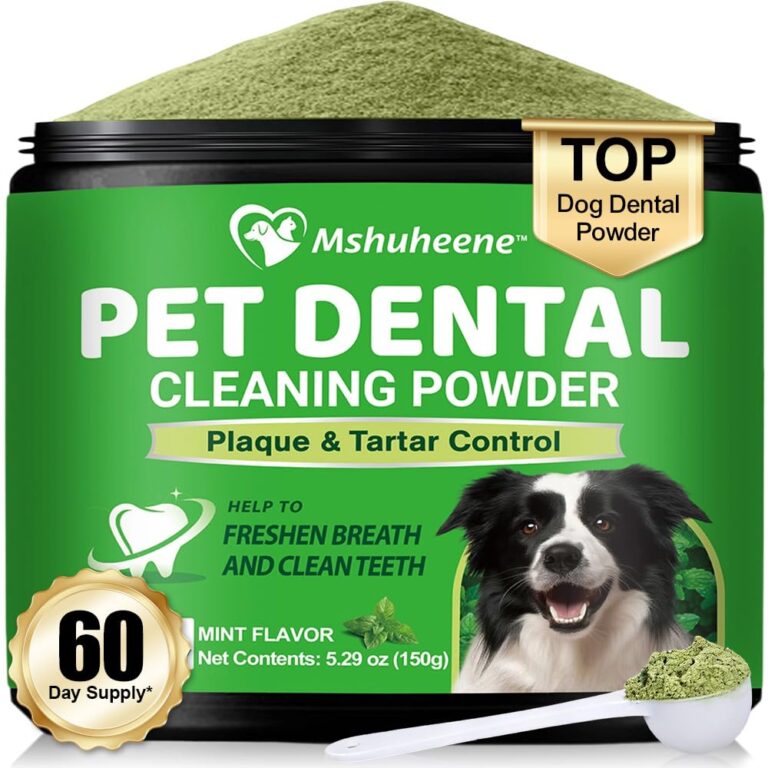King Charles Spaniel

The King Charles Spaniel, also known as the English Toy Spaniel, is a small and charming breed that has captured the hearts of many dog lovers. Known for their adorable face and affectionate nature, these dogs make excellent companions for people and families alike.
Breed-specific traits
The King Charles Spaniel is a small-sized breed, typically weighing between 9 to 14 pounds (4 to 6 kg). They have a silky coat with feathering on their ears, chest, legs, and tail. Their typical colors include black and tan, tricolor (black, white, and tan), or ruby (solid red). With their large dark eyes and expressive face, they have an undeniable appeal.
Temperament
These little dogs are known for their friendly and affectionate nature. They are loyal and devoted to their owners, often forming strong bonds. The King Charles Spaniel thrives on human companionship and loves to be part of the family. They are generally good with children, making them suitable pets for families with younger kids.
However, they can be a bit reserved when it comes to strangers. Their protective instincts make them good watchdogs, as they will alert you if they sense any potential danger. Early socialization is important to ensure they become well-rounded and comfortable in different situations.
Strengths
- Excellent companion dogs: King Charles Spaniels are great lap dogs and love to be near their humans.
- Gentle and loving: They have a sweet and gentle nature, making them wonderful family pets.
- Low exercise requirements: These dogs don’t require vigorous exercise and are content with short daily walks or playtime indoors.
- Adaptable to different living situations: They can thrive in apartments or houses and are suitable for people or families.
Weaknesses
- Potential health issues: Like many small breeds, King Charles Spaniels are prone to certain health problems, including heart disease, eye issues, and respiratory conditions.
- Sensitivity to heat and cold: Their small size makes them more susceptible to extreme weather conditions.
- Separation anxiety: These dogs form strong attachments and can become anxious when left alone for long periods. They prefer constant companionship.
- Grooming requirements: Their long, silky coats require regular brushing to prevent matting, and occasional professional grooming is also recommended.
Care guidelines
Exercise
While King Charles Spaniels don’t demand intense exercise, they still benefit from regular physical activity. Daily walks or play sessions in a secure area can help them maintain a healthy weight and mental stimulation. However, it is important not to over-exercise them, as their small size can make them prone to joint issues.
Health
Regular veterinary check-ups are important for the overall well-being of your King Charles Spaniel. They have an average lifespan of 10 to 12 years, but genetic health issues can affect certain people. Keeping up with vaccinations, dental care, and a balanced diet can help prevent some common health problems.
Monitor their weight carefully to prevent obesity, as excess weight can exacerbate existing health conditions. Be aware of symptoms such as coughing, difficulty breathing, or any changes in behavior, as these may indicate underlying health issues that require immediate attention.
Grooming
The King Charles Spaniel’s coat requires regular care to keep it healthy and tangle-free. Brushing their long hair at least two to three times a week will help prevent mats and keep their coat looking its best. They shed moderately, so regular grooming also helps to minimize loose hair around the house.
In addition to brushing, their ears should be checked weekly for any signs of infection. Regular dental care, including tooth brushing and professional cleanings, is important to prevent dental diseases that are common in small breeds.
Diet
A nutritious and well-balanced diet is essential for a King Charles Spaniel’s overall health. Feeding them high-quality dog food that meets their nutritional needs is important to prevent obesity and provide them with the necessary nutrients for their size and activity level.
Avoid overfeeding or giving too many treats, as these dogs can easily gain weight. Consult with your veterinarian to determine the appropriate portion sizes and dietary recommendations for your specific dog.
By understanding and addressing the breed-specific traits, needs, and potential health issues of King Charles Spaniels, you can provide them with the best care possible. They may require some extra attention, but their loving nature and unwavering loyalty make them wonderful companions for anyone willing to give them the love they deserve.







